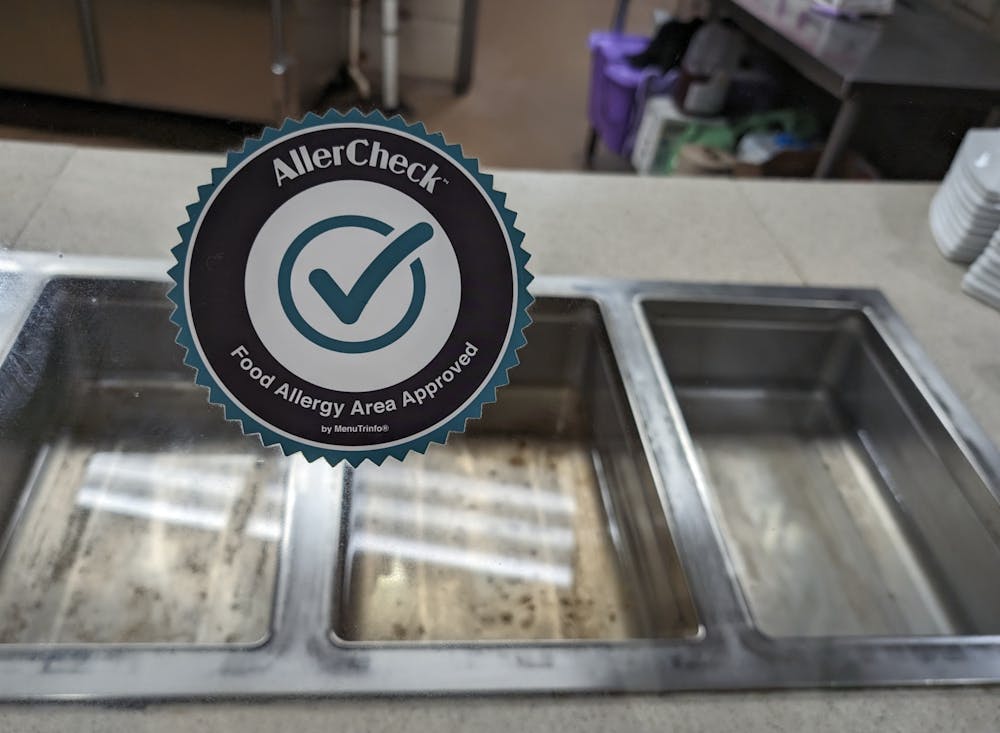The Mercer Allergy Awareness Club (MAAC) recently proposed that the school equip Mercer Police, resident assistants and members of the Mercer administration with EpiPens. The suggestion comes a few years following the death of a freshman on campus who suffered a severe allergic reaction in their dorm.
Merin George ‘24, president of MAAC, said that the club is focused on educating the Mercer community on how to support and protect people with allergies. This is the second such club that George has founded, the first being at her high school.
This is the group’s third year at Mercer after it was founded by George following the student’s death in 2021. Since its inception, the group has hosted semesterly EpiPen training that is directed by Lynn Denny, an assistant professor at Mercer’s School of Medicine and licensed physician. The training, George said, had to be run by a licensed physician, a stipulation that limits the number of sessions the group can have in a year.
At the SGA meeting, senators were given the chance to ask questions about the proposal. Many were supportive of the idea, suggesting that the group talk to people in higher positions than themselves.
According to George, the EpiPens could be supplied by the Public Health Department’s Physician’s Toolkit. Denny is currently working on registering the school for the Physician’s Toolkit.
Mercer Chief of Police Gary Mills said that MerPo officers have been trained to use EpiPens as that is a part of their biannual medical training, which includes CPR and AED training as well. Mills said that he could not recall a MerPo officer ever having to administer an EpiPen to a student while he has been on the force, and he said that the rate of calls about allergic reactions varies.
MerPo protocol requires that they call EMS services when there is a medical emergency and rely upon their training only until EMS arrives.
MAAC also suggested that members of Mercer Housing and Residence Life, such as resident assistants, be given optional training to handle an EpiPen during their training before students move back onto campus. Making the training optional, George said, could give some protection to Housing and Residence Life if there were an emergency and the RA did not administer the EpiPen.
Pearson echoed that sentiment at the meeting, saying that if the training is optional and not written into a contract, then it may be easier to put MAAC’s proposal into action. George said that Housing and Residence and Life has resisted such a measure because of the possible legal implications that the move could have on its staff.
Mercer would not be the only university around the nation to have EpiPens available to students experiencing anaphylaxis. The University of Delaware and Vanderbilt, among others, have stocked their dining halls with the devices.
Gabriel Kopp '26 is double majoring in Journalism and Law and Public Policy at Mercer University. He has written for The Cluster since he started at Mercer, and currently works as Editor-in-Chief. When he isn't working on a Washington Post crossword, he enjoys going for runs around Macon and reading The New York Times or the AJC while sipping coffee.





